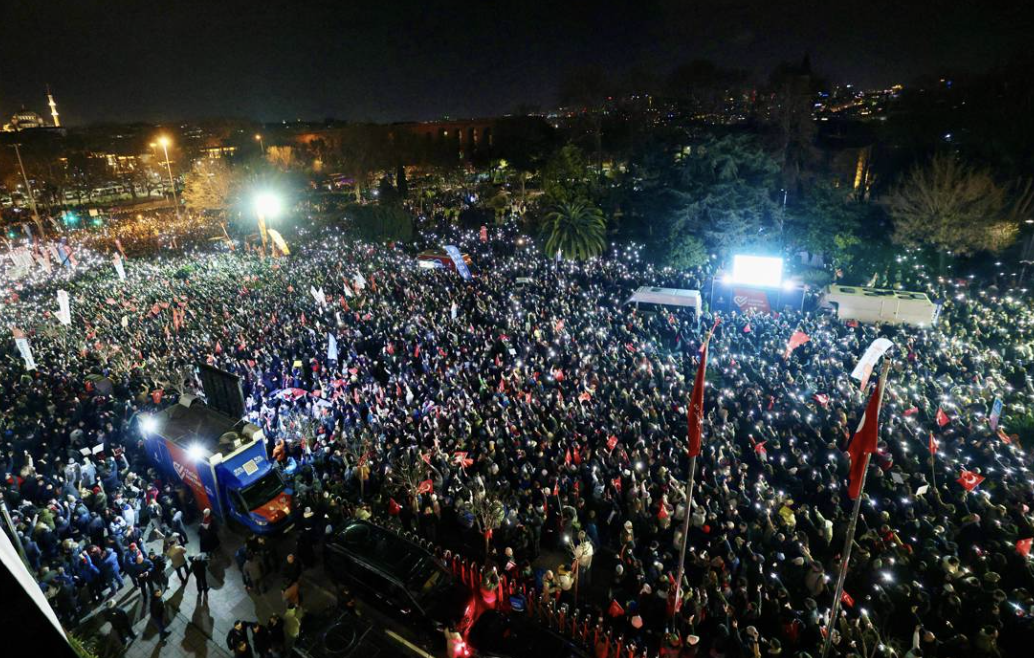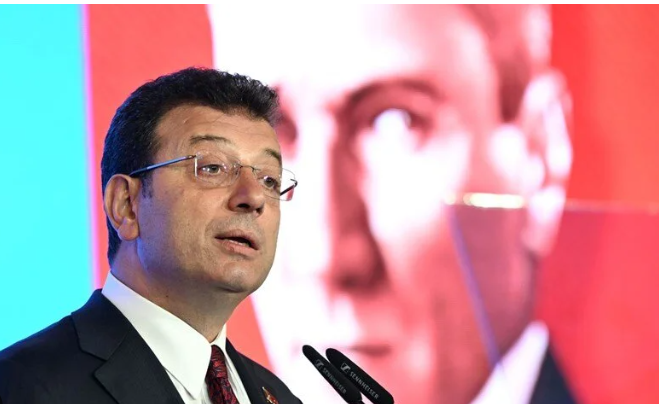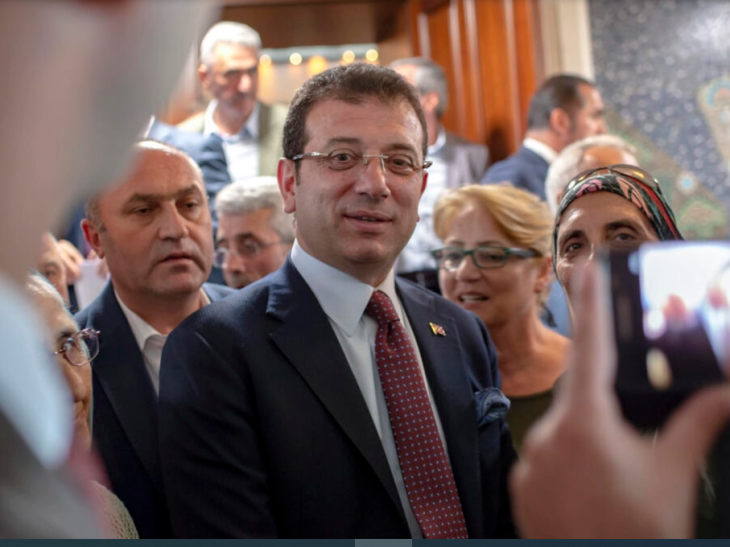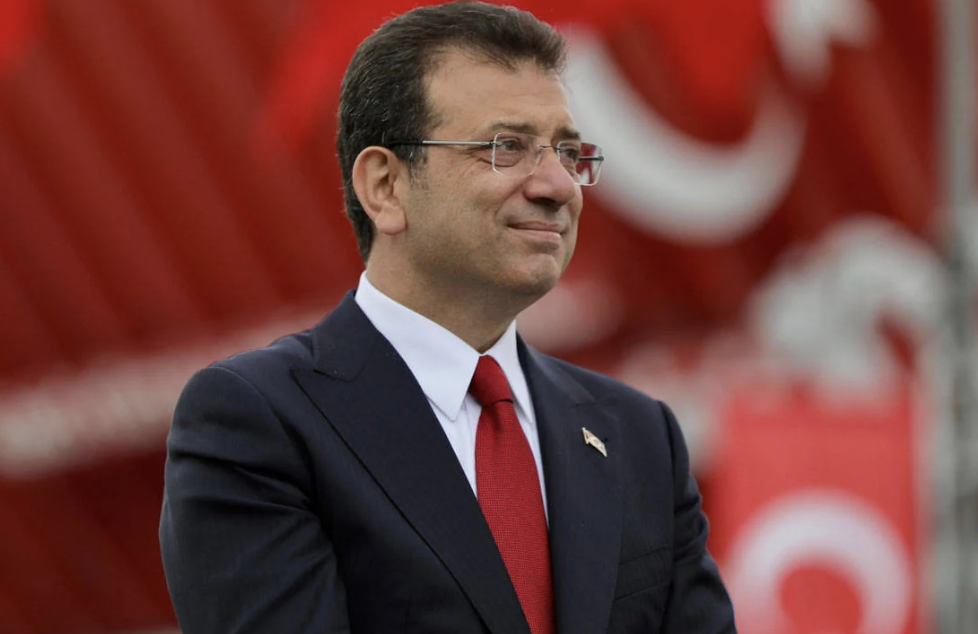Turkey in Turmoil After Istanbul Mayor’s Arrest Sparks Protests
 imamoglu
imamoglu
ISTANBUL – Turkey is once again mired in political unrest following the detention and subsequent arrest of Istanbul Mayor Ekrem İmamoğlu on March 19 and March 23, respectively. İmamoğlu—often described as President Recep Tayyip Erdogan’s most formidable rival—faces “establishing and managing a criminal organization, taking bribes, extortion, unlawfully recording personal data, and rigging a tender.” He has denounced these allegations as a “black stain on our democracy,” while the Republican People’s Party (CHP), which he represents, decries them as politically driven.
An Unfolding Power Struggle
Despite İmamoğlu's suspension from his mayoral position and the possibility of a conviction that could bar him from running for president, the CHP proceeded with its planned primary and named him their official 2028 presidential candidate. This move follows İmamoğlu's record of electoral success against Erdogan’s allies—he notably won Istanbul’s mayoral race twice in 2019, even after Erdogan ordered a repeat of the election.
Protests Erupt Nationwide
İmamoğlu's arrest has ignited widespread demonstrations across Istanbul, Ankara, Izmir, and beyond. With police crackdowns in certain areas, tens of thousands continue to protest, echoing the fervor of previous mass movements such as the 2013 Gezi Park protests. Authorities have made nearly 1,900 arrests since İmamoğlu's detention began. Erdogan, who has led Turkey for 22 years, accused the protesters of seeking to “disturb the peace and polarize our people.”
Still, CHP leader Ozgur Ozel has rallied the party’s 1.7 million members, calling for sustained attention on İmamoğlu's case. On March 24, Ozel even announced a boycott of media outlets that refuse to cover the unfolding events, intensifying a confrontation with pro-government channels accused of overlooking dissenting voices.
Erdogan’s Consolidated Power
Under Erdogan’s leadership, Turkey has experienced significant shifts in governmental structure. Since the failed coup in 2016, the presidency has expanded control over the military, judiciary, and media. Observers suggest the crackdown on Erdogan’s top opponents—including Mayor İmamoğlu—signals a broader strategy to remove electoral threats. Erdogan’s record includes a transformed executive presidency, the sidelining of political opponents, and leveraging state influence to maintain a tight grip on power.
Muted International Response
While the European Commission formally urged Erdogan’s government to “uphold democratic values,” concrete external pressure appears limited. Turkey’s geopolitical significance—spanning its roles in Middle East stability, Syria’s new government, and as a NATO ally in the Ukraine conflict—deters many nations from taking a hard line. Erdogan’s ties with former U.S. President Donald Trump have also factored into a cautious international stance.
A New Threshold for Turkish Democracy
Critics argue that the arrest of İmamoğlu marks another major step toward authoritarianism in a country where democracy is effectively “under an asterisk.” With protestors continuing to flood city streets and the CHP firmly backing İmamoğlu's candidacy, the country’s political landscape remains in flux. Erdogan, however, appears confident he can weather this storm, just as he did during past nationwide demonstrations.
Whether the mass protests bring about meaningful shifts—or ultimately fade—could define Turkey’s trajectory well beyond the 2028 presidential election, shaping the fate of democracy in a region long influenced by Erdogan’s policies and power.




